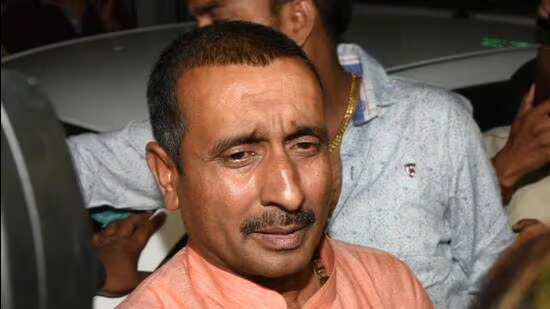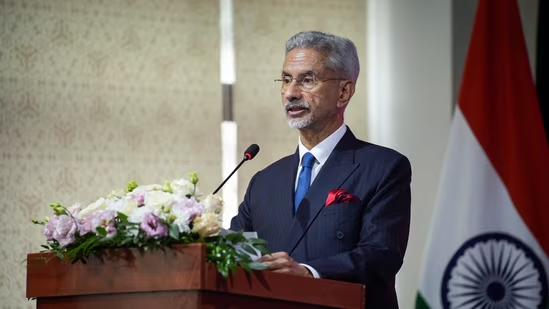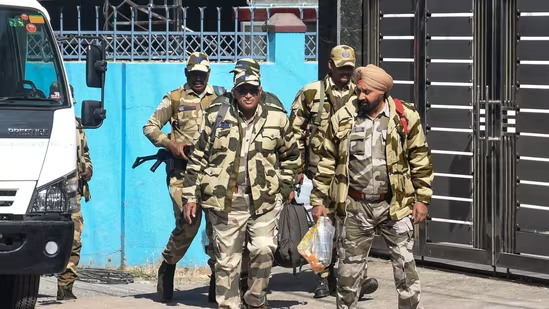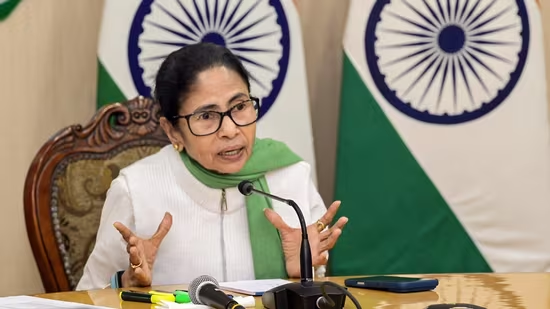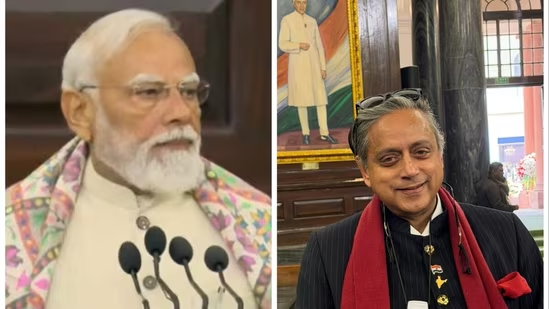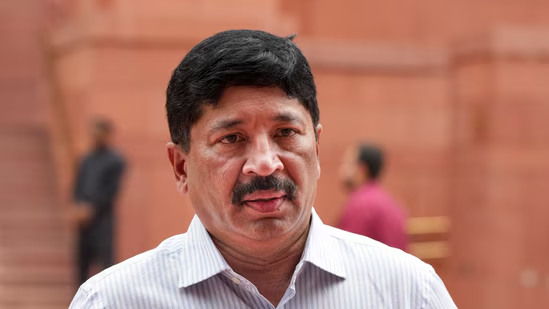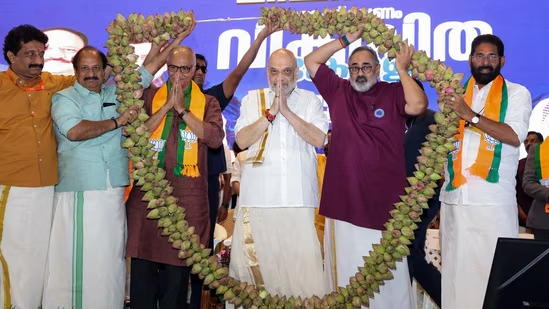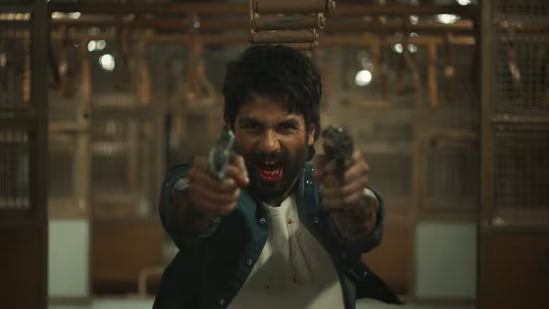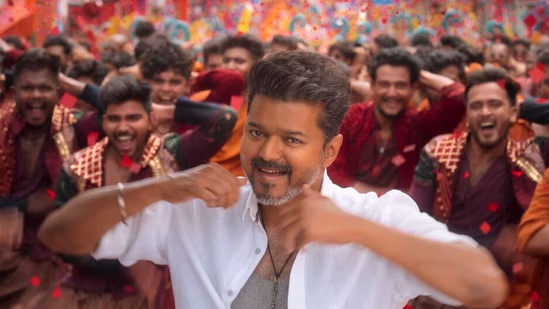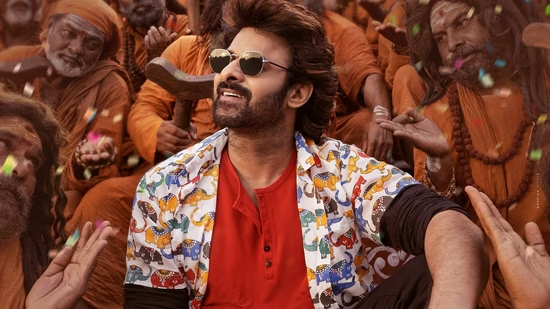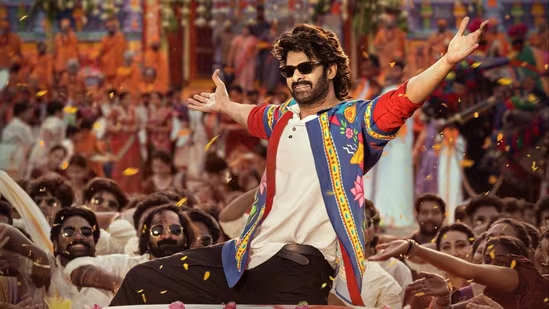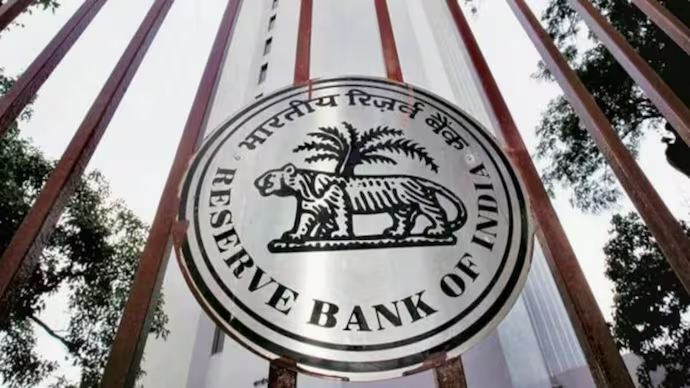Prime Minister Narendra Modi has recently voiced concerns over a segment of Indians who, in his view, appear to harbor ill feelings toward the nation’s progress. Notably, his grievance does not stem from external threats like Chinese incursions or ongoing conflicts with Pakistan. Instead, his frustration is directed at fellow countrymen—Indians he believes are unable to accept or digest the strides India has made in recent years.
This assertion marks a significant departure from the rhetoric typically employed by Indian leaders since Independence. No other Prime Minister has openly labeled a portion of the populace as being so averse to India’s rise that they would actively work against it. This raises a critical question: Is Modi’s sentiment rooted in a genuine observation, or is it a reflection of his own political insecurities, misinterpreted as betrayal by the people?
While it may be easy to critique Modi’s perspective on philosophical grounds, questioning how a small group of cynics could ever hope to derail a nation’s progress, a more pressing question looms large: Why does a leader of his stature, having secured a third consecutive term, find himself so troubled by these dissenting voices? Moreover, who are these individuals he accuses of being unable to stomach India’s growth?
If these individuals are indeed opposed to India’s progress, their actions could be construed as more than mere cynicism. Such behavior could be seen as subversive and even anti-national. The term “anti-national” is familiar to Modi’s political base, but the ambiguity surrounding his accusations makes it difficult to determine exactly who he is referring to. Is he speaking of voters who reduced his electoral majority from over 400 seats to 240? Or is he targeting opposition parties that have questioned his government’s policies on issues like unemployment, inflation, and social justice?
For instance, is Rahul Gandhi, a prominent opposition figure, being labeled as subversive simply because he advocated for minimum support prices for farmers and financial assistance for poor women—policies that diverge from Modi’s priorities? Is Akhilesh Yadav, who has consistently championed the upliftment of backward classes and minorities, being branded anti-national for his efforts? What about leaders like Uddhav Thackeray and Sharad Pawar, who managed to survive despite the BJP’s attempts to destabilize their governments? Are they now enemies of the state because they resisted Modi’s political machinery?
Mamata Banerjee’s successful defense of Bengal against the BJP’s aggressive electioneering, the DMK’s derailment of the BJP’s southern ambitions, and the farmers who protested against controversial agricultural laws—are all these groups now to be seen as anti-India? The Prime Minister’s anger seems to extend even further, potentially targeting women wrestlers who have spoken out against sexual exploitation, youth protesting the “Agniveer” scheme, civil society activists vocal about the Manipur crisis, and those questioning the Adani Group’s business dealings. Modi’s frustration may also be directed at alternative media outlets that continue to speak truth to power, despite the apparent surrender of mainstream media to government narratives.
The gravity of Modi’s allegations cannot be understated. As a leader with over a decade in office, he has a responsibility to clearly articulate his concerns. Vague accusations of subversion against a segment of the citizenry are deeply troubling and could have far-reaching consequences. A government that turns against its own people represents a fundamental tragedy for any nation.
Modi’s remarks warrant a thorough and transparent explanation. Are opposition parties that raise legitimate questions about pressing issues such as unemployment, inflation, social justice, and corporate malfeasance truly anti-national? Are journalists, intellectuals, and activists who express concern over national matters to be branded as traitors? Patriotism is not the exclusive domain of any single individual or political party. India’s journey from colonial rule to a modern nation-state was a collective effort that began long before Modi emerged as a national figure.
In his speeches, Modi often makes sweeping claims about development, reforms, and his fight against corruption. He speaks with an air of authority, seemingly expecting his audience to accept his words without question. He describes the current era as a “golden age,” despite evidence to the contrary. Internal discord and dissatisfaction are not typically hallmarks of a golden era, yet Modi insists that the aspirations of the youth have soared in the past decade. However, the most notable surge has not been in job creation or economic equality, but in the fortunes of individuals like Gautam Adani, whose rapid ascent to the ranks of the world’s richest has raised eyebrows both domestically and internationally.
Unemployment remains a pressing issue in India, with independent agencies regularly highlighting its alarming levels. Yet, Modi appears reluctant to acknowledge this reality. Similarly, his bold claims about an “honest crusade” against corruption are contradicted by the actions of his own party. Prominent leaders once accused of corruption by the BJP have been welcomed into the fold, while political opponents continue to be targeted with investigations and legal action. The Enforcement Directorate’s track record has often been cited as evidence of political vendetta rather than genuine anti-corruption efforts. The refusal to establish a Joint Parliamentary Committee (JPC) to investigate allegations against the Adani Group, as well as the lack of transparency in the Rafale deal, further undermine Modi’s claims of a corruption-free administration.
The Prime Minister also tends to set his own benchmarks for success and governance. He cites the “Har Ghar Tiranga” movement, where citizens were encouraged to display the national flag, as proof that India has overcome caste, class, and religious divisions. However, the lukewarm response to the campaign, with only a small percentage of people participating, suggests that this is hardly a reliable measure of social unity. Furthermore, Modi’s assertion that individual incomes have doubled over the past decade lacks empirical support, raising questions about the veracity of his economic claims.
As India moves forward, it is essential that its leaders are held accountable for their words and actions. Modi’s recent statements have sparked significant debate and concern, not just about the individuals or groups he may be targeting, but about the broader implications for democracy, free speech, and national unity. The Prime Minister owes it to the nation to clarify his position, to name the so-called subversives if they exist, and to address the genuine grievances of those who are dissatisfied with the current state of affairs.
In the end, patriotism should unite rather than divide. It should foster a spirit of collective progress and shared responsibility, rather than sowing seeds of distrust and discord. As India continues to navigate its path on the global stage, it is crucial that its leaders focus on building a future that includes all citizens, rather than alienating those who dare to question the status quo.





